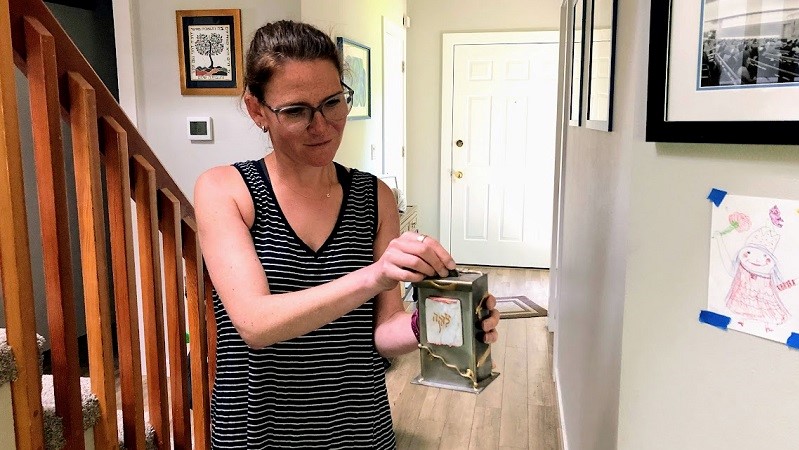I often wonder why our world couldn’t do a dramatically better job taking care of one another. I’m not here to argue for socialism or even democratic socialism, but the distribution of power and wealth in most of the world is staggering. When I was in Guatemala, we learned that 3% of the country holds 64% of the wealth. Guatemala suffers from massive poverty, lack of education, malnutrition, and a host of other problems that largely stem from the uneven distribution of wealth in their country. While education and hard work are certainly foundational to individual and societal success, when your homeland is as corrupt as Guatemala, it really doesn’t do you much good. But even putting aside government corruption, the wealth and class distribution problem isn’t unique to Guatemala. Consider tax laws and loopholes here in America. The free market can and does work, but when we incentivize selfishness, society begins to crumble.

This basic fact of civilized society is underlined as far back as biblical law. This week we read Parshat Korach, the narrative detailing the revolt of Korach and of Datan and Aviram. Korach breaks apart the priesthood and prepares a revolt, while Datan and Aviram, two other troublemakers, begin a revolt of their own. Chaos breaks out in the camp, and those who don’t see a purpose to the fight pull away, which becomes a pretty smart idea as the earth opens up and swallows Korach and his followers.
The end of the parshah brings the rules of tithing. Every Israelite was expected to give a tenth of his or her income to the Levites to support them because the Levites had no other income. The Levites lived their lives in service to the priests. The Levites, in turn, tithed a tenth of what they had to the priests. The Torah suggests that even those who receive support for their livelihood must also give to others.
Tzedakah sustains the soul of the giver and the body of the receiver. As you may know, the Jewish concept of tzedakah comes from the root for “justice.” Said another way, a just society is one in which we take care of one another. We recognize that each person has a purpose to fulfill and, even in a literal sense, something to give back.
– Rabbi Eve Posen
Source: Take Care – Parshat Korach 5780



